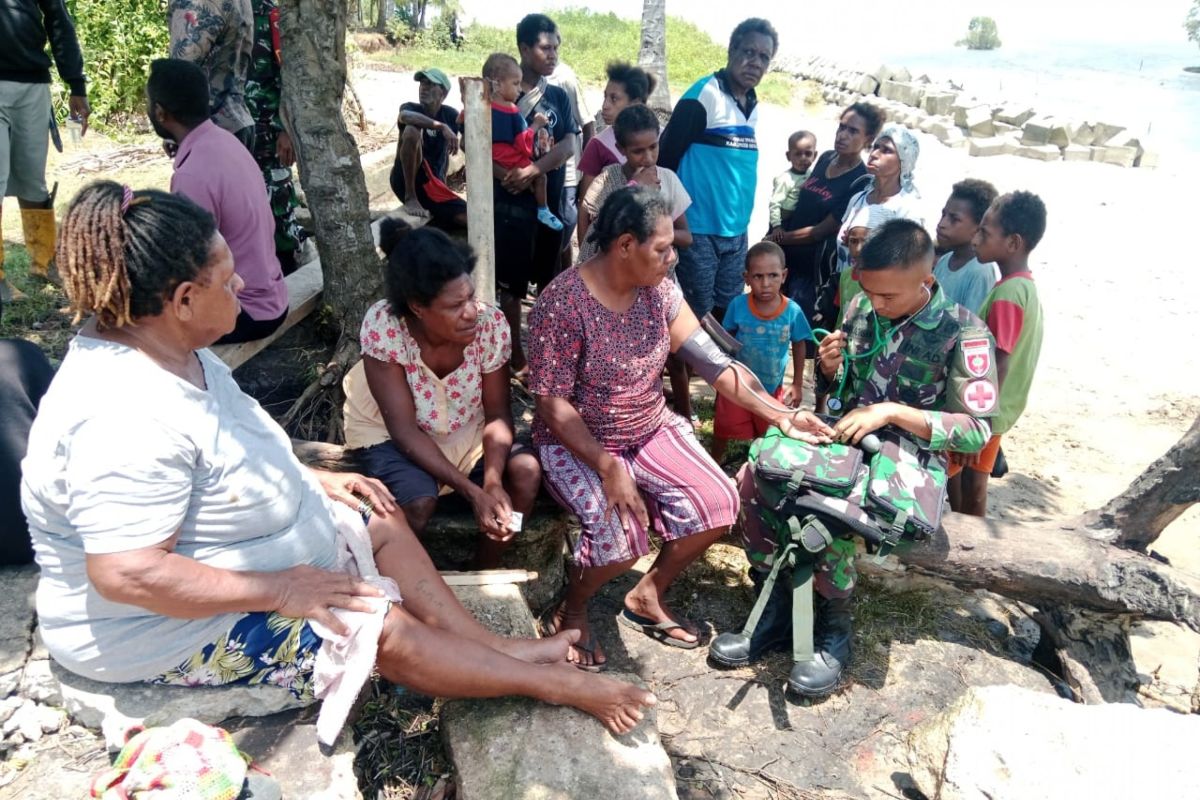Papua, as one of Indonesia’s outermost provinces, faces significant challenges in the healthcare sector. However, in recent years, the Indonesian government has made various efforts to improve healthcare services in this region. Several programs and initiatives have been launched, and the results are beginning to show through increased access to and quality of healthcare for the people of Papua.
Increased Access to Healthcare Services
One significant step taken by the government is the improvement of healthcare infrastructure. According to data from the Ministry of Health, the number of community health centers (puskesmas) in Papua increased from 300 in 2015 to 400 in 2023. This demonstrates the government’s commitment to expanding the reach of healthcare services, especially in remote areas.
Data from the Central Statistics Agency (BPS) also shows that immunization coverage in Papua increased from 60% in 2015 to 85% in 2023. This improvement is crucial for preventing infectious diseases and enhancing the health of children in Papua.
Special Health Programs
The government has also launched various special health programs, such as the Family Hope Program (PKH) and the National Health Insurance (JKN). These programs aim to provide better access to healthcare services for low-income families. According to reports from the Ministry of Social Affairs, over 1 million families in Papua have benefited from PKH, which includes health and education assistance.
Opinions from Experts and Papua Officials
Dr. Yohanis Kogoya, a public health expert in Papua, stated, “The increase in access to and quality of healthcare services in Papua is a very positive step. However, challenges remain, particularly in providing sufficient medical personnel and training them to address local conditions.
Meanwhile, the Head of the Papua Provincial Health Office, Dr. Aloysius Giyai, added, “We continue to strive to improve healthcare services in Papua. With support from the central government and collaboration with various non-governmental organizations, we are confident that we can achieve better health targets.
Improvement in Community Health
The results of these efforts are beginning to show in the improvement of community health. The maternal mortality rate in Papua has decreased from 300 per 100,000 live births in 2015 to 200 per 100,000 live births in 2023. This indicates that maternal healthcare services are improving.
Additionally, life expectancy in Papua has increased from 66 years in 2015 to 68 years in 2023. This increase reflects an overall improvement in health conditions.
Indonesia’s success in providing healthcare services in Papua is the result of ongoing and collaborative efforts between the government, communities, and various organizations. Although challenges remain, data and expert opinions indicate that the measures taken have had a positive impact on the health of the people in Papua. With continued commitment, it is hoped that healthcare services in Papua will continue to improve in the future.










